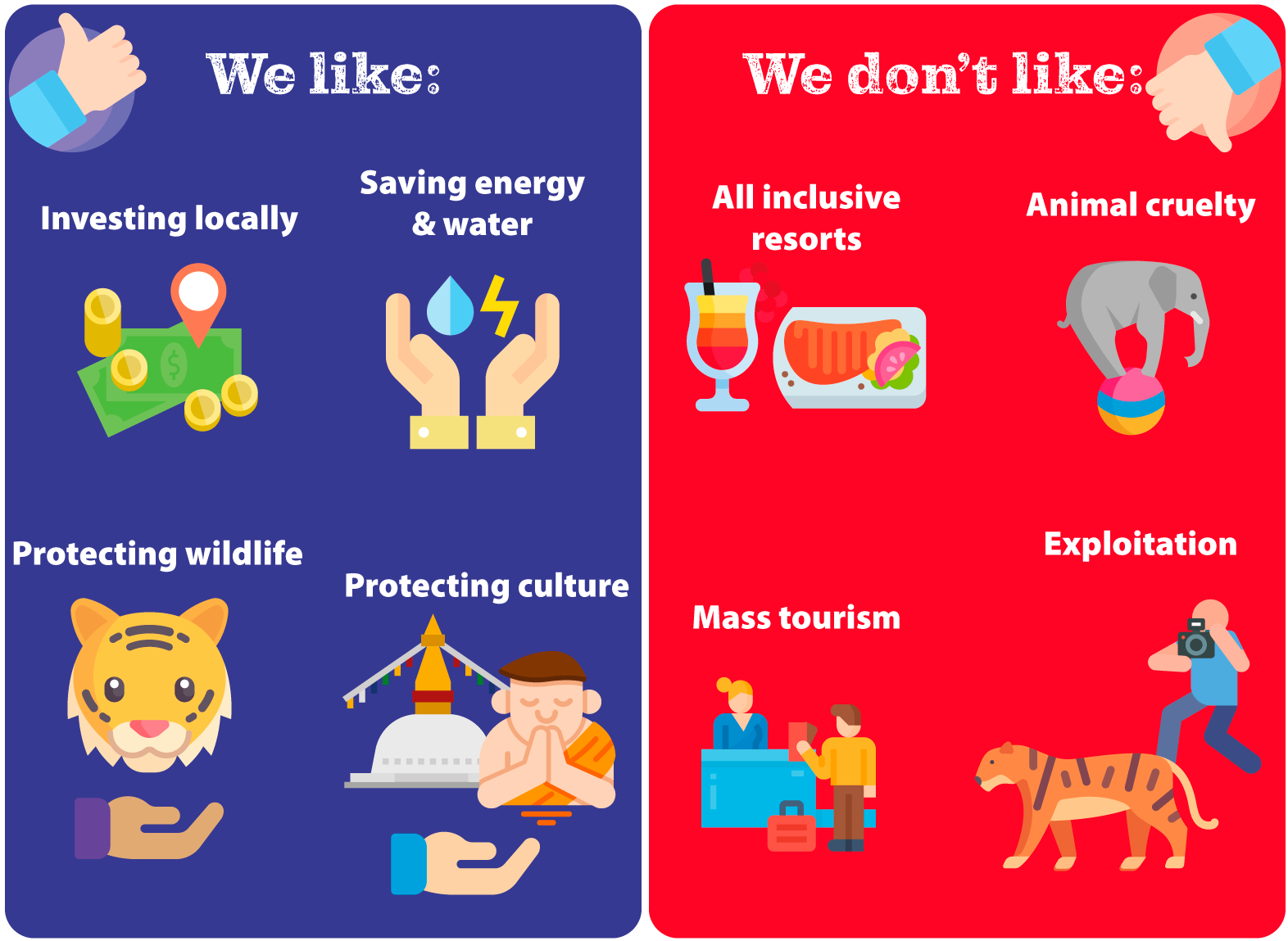
The industry has seen many changes over the years. Technology has evolved and we now have a lot of AI/machine learning in the customer services area. Similarly, virtual reality technology has revolutionised the way many hospitality companies advertise their products and services. Global events influence trends in hospitality. In the case of the COVID-19 outbreak, businesses had to put emphasis on safety, hygiene, as well as health. Companies have also been forced to consider local markets and the impact of global events like climate change or sustainability.
Sustainability
In the hospitality industry, there are many sustainability trends. For example, hotels are focusing on reducing food waste and water consumption. Some have implemented electric vehicle charging stations, installed energy efficient HVAC systems, and even installed green roofs that contain solar panels. Others are switching to LED lights and upgrading their lighting systems. Air-cooled ice machines are also being installed by restaurants.
Local dishes are being served by hotels as well. Many hotels are now offering vegetarian and vegan options. Innovative concepts include Airbnb and farmhouse accommodations, which provide guests with a more authentic experience. Many travel agents offer services that enable guests to organize local activities and sample local cuisine. While many hospitality companies used to serve sugary drinks and fast food, many now offer healthy options.

IoT technology
IoT allows hoteliers to monitor inventory and manage assets remotely. They can also use this technology to create a personalized guest experience. For example, staff can find equipment quicker and reduce wait times by using connected asset trackers. Smart equipment can also be used to track inventory and notify staff if items have been removed from a guest's bedroom.
IoT can help hoteliers provide better guest experiences, reduce energy consumption, increase customer satisfaction, and offer more efficient services. These technologies can also help hoteliers reduce operating costs and create new revenue streams. Even though the hospitality sector is still slow to adopt new technologies this is an increasing trend.
Keyless entry
While it may be convenient for guests, keyless entry technology in hotels can also be costly. Hotels may be reluctant to install these systems because of the cost of retrofitting a large number of doors. Although the upgrade might fall under the purview of a franchise owner or independent owner, Starwood Hotels & Resorts as well as Hilton Worldwide both stated that they would be willing to cover a portion of the costs to have keyless entry installed in their hotels. Both companies plan to make the technology available to their guests by the end next year.
Not only is keyless entry convenient for guest satisfaction but it can also result in direct bookings or re-bookings. Many hotel brands are exploring this new technology in order to foster more direct bookings.

IoT-enabled rooms
IoT-enabled hotels offer many benefits. These include smarter service and automated front desk management. Hoteliers can track the movement of guests and their luggage using the Internet of Things. This information is useful for hotel managers in order to manage their inventory more efficiently. IoT rooms that are connected to the internet can be customized by hotel guests. A virtual assistant can be asked to adjust the temperature and wake guests up at a specific time.
IoT enabled rooms in hotels can help improve guest satisfaction and make the experience as seamless as possible. Guests can select their preferences from a central app, and the room will activate them. Smart devices within the room can also detect movement and occupancy, and automatically turn off appliances when guests leave.
FAQ
What will 2022 bring to the Fashion Industry?
We anticipate that the fashion industry will continue to grow in 2022. But as we've seen recently, the pace of change is accelerating.
Technology is changing everything: how we communicate, travel, buy products and consume content.
It's going faster. In 2022, we predict that artificial intelligence (AI) will be used to power almost every aspect of life.
Personal assistants, such as Siri or Alexa, will transform everything from smart homes and self-driving automobiles to personal assistants like Siri or Siri. AI will transform industries across the board, including fashion. It will allow designers to create beautiful clothes by 3D printing and enable consumers to personalize their wardrobes online.
What role does Instagram play for the fashion industry
Instagram is a great platform for brands to connect and collaborate with influencers. This is not surprising, since it gives them access a huge audience.
But it's not just about reaching an audience. Engaging with influencers is key to success in marketing. It's about building relationships with your followers. And that takes time.
It's about being consistent and reliable. It's about posting high quality content on a regular basis. Answering questions and comments.
Instagram is great for engaging your followers. But, it's not great for selling products. Other social media channels are available for this purpose.
What is the impact of mobile on fashion?
It is no secret that mobile devices are becoming more powerful each year. Today, they can take pictures, record videos, play music, and even surf the web. Mobile phones are used to check the outfits.
For instance, some people use them to measure a dress's fit before buying it. They can also be used to take photographs of yourself in front of mirrors.
Do not forget to take pictures with your phone when you think about purchasing a new outfit.
How will the COVID-19 change consumer behavior?
We all know that people are buying less right now. It doesn't necessarily mean that they won’t want to spend more on themselves in the future.
Shopping is a fun activity, so now is a good time for you to go shopping. You may even find yourself enjoying shopping more than ever before.
There might be fewer crowds at malls, but you still have access to many options. Keep safe and adhere to social distancing guidelines.
Remember to wash your hands often. This simple step can help stop the spread of coronavirus.
Now that you have seen some trends that are shaping the future of retail, let's take an in-depth look at what's hot.
Will virtual experiences grow in the aftermath of the pandemics and other events?
Today's world is connected more than ever. We communicate more quickly, share information and collaborate across borders.
As technology continues to evolve, the way we interact with each other and our environment will change too.
Virtual reality (VR), is the next frontier of this evolution. Virtual worlds are changing the way that we do business, learn from, play and explore.
While VR might seem appealing to consumers, there are questions about its potential use to exploit vulnerable users.
Experts warn VR headsets could be another tool used by cybercriminals for luring unsuspecting victims to phishing attacks and scams.
You should ensure that you read and understand the terms of service and privacy policy before purchasing a headset.
You must also ensure that the company you select is reputable.
Read reviews online and ask family and friends to tell you what they think. Chances are, if you're being sold a product by someone, they'll tell you it's great. It is important to search for independent websites which provide detailed reviews.
Many companies include terms and conditions of service and privacy policies in their packaging. It is easy to locate and review them.
You can contact the retailer directly if you are not satisfied with your purchase.
What can consumers purchase post-pandemic?
Consumers will continue to purchase products that make them healthier and help protect against illness. This includes food products such as snacks, drinks and pet foods.
They also tend to spend less on insurance. This is because it is expected that the cost of health insurance will rise 10% per annum over the next 10 years.
The most significant change we anticipate is a greater focus on prevention and wellness. The majority of consumers will want to buy products that promote healthy lifestyles.
This means that we should invest in products that improve our sleep quality, reduce stress levels, and maintain our hair and skin's youthful appearance.
The pandemic will make healthy living more important for shoppers, which will lead to increased spending on preventative care.
Statistics
- Nearly 30% of consumers have started their holiday shopping, though 55% say rising inflation has altered their gifting and spending plans for 2022. (junglescout.com)
- OTC Medicine 57% Beauty & Personal Care 52% Vitamins & Dietary Supplements 51% Home & Kitchen 47% Top retailers where consumers are shopping in 1. (junglescout.com)
- The percentage of shoppers likely or somewhat likely to purchase top social platforms increased across the board in the third quarter of 2022 compared to the second, with TikTok seeing the largest jump. (junglescout.com)
- and what they are traveling for, with 78% of respondents wanting to impact the community they visit positively.1 Eating & Shopping at Small businesses (americanexpress.com)
- As experts quabble over the official call, most consumers are already experiencing economic uncertainty: 52% say their household income is unstable, up 36% from three months ago, and 73% have either reduced or maintained their overall spending levels. (junglescout.com)
External Links
How To
Which trends are likely to impact the travel industry
The world is constantly changing and so is our way of doing business. Digital revolution is not just about the internet. Technology is driving innovation across all industries and affecting us all.
As a result, there are plenty of reasons why the travel industry will experience significant changes in the years ahead. Here are five areas where the industry is expected to continue to change:
-
Customer Experience
-
Technology
-
Mobile
-
Social Media
-
Connectivity
These are just two examples of the trends that will shape the future travel industry. There are many more ways these trends could impact our daily lives. So let's look at each area in turn.
Booking holidays is becoming more complex and demanding for customers. Accenture says that tourists are likely to spend $8 trillion annually on vacations by 2020. This means brands will need to invest heavily on customer service, and ensure that customers feel valued as they travel.